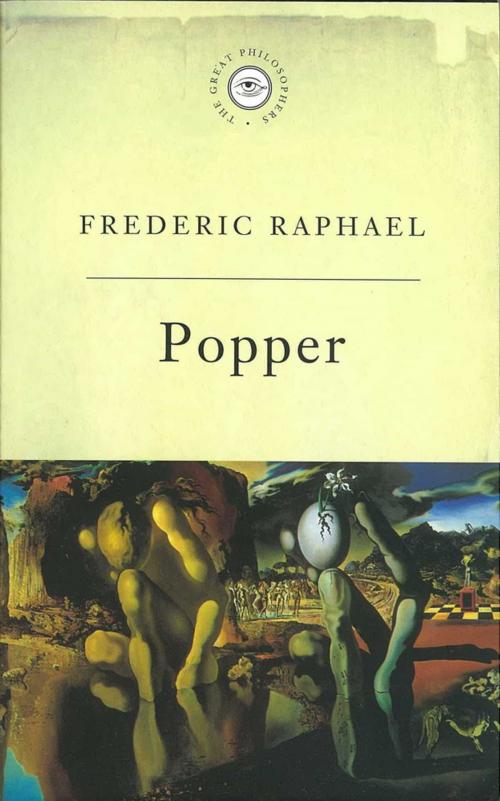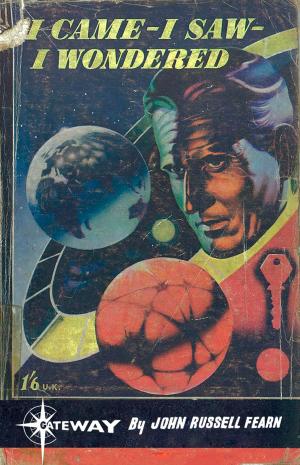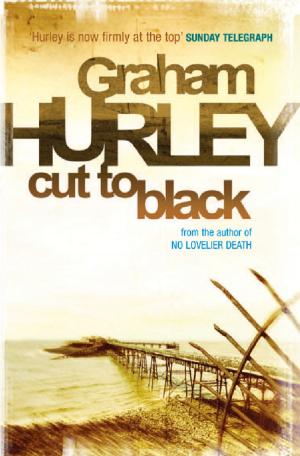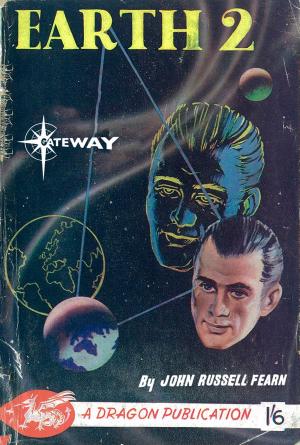| Author: | Frederic Raphael | ISBN: | 9781780221625 |
| Publisher: | Orion Publishing Group | Publication: | September 14, 2011 |
| Imprint: | Weidenfeld & Nicolson | Language: | English |
| Author: | Frederic Raphael |
| ISBN: | 9781780221625 |
| Publisher: | Orion Publishing Group |
| Publication: | September 14, 2011 |
| Imprint: | Weidenfeld & Nicolson |
| Language: | English |
Karl Popper 1902-1994
The political history of the twentieth century has been full of savage 'certainties'. A similar idea of history warranted the callous savageries of both Marxism and Fascism. They shared a faith in what Karl Popper called 'Historicism': the belief that the future could be predicted and that man had to align himself with its bloody progress.
Totalitarianism, Popper maintained, was based on ideas implicit in Western philosophy, from Plato to Hegel and Marx. It was his unique achievement to challenge the fundamental arguments in which Left and Right cloaked their authority.
At a time when Communism and Fascism were devastatingly alluring to many intellectuals, Popper attacked their philosophical roots with passionate reasonableness and unflinching scepticism. As Frederic Raphael suggests in this elegant and intriguing introduction to his philosophy of science and history, Popper's epic modesty may have made him the most radical thinker of our times.
Karl Popper 1902-1994
The political history of the twentieth century has been full of savage 'certainties'. A similar idea of history warranted the callous savageries of both Marxism and Fascism. They shared a faith in what Karl Popper called 'Historicism': the belief that the future could be predicted and that man had to align himself with its bloody progress.
Totalitarianism, Popper maintained, was based on ideas implicit in Western philosophy, from Plato to Hegel and Marx. It was his unique achievement to challenge the fundamental arguments in which Left and Right cloaked their authority.
At a time when Communism and Fascism were devastatingly alluring to many intellectuals, Popper attacked their philosophical roots with passionate reasonableness and unflinching scepticism. As Frederic Raphael suggests in this elegant and intriguing introduction to his philosophy of science and history, Popper's epic modesty may have made him the most radical thinker of our times.















